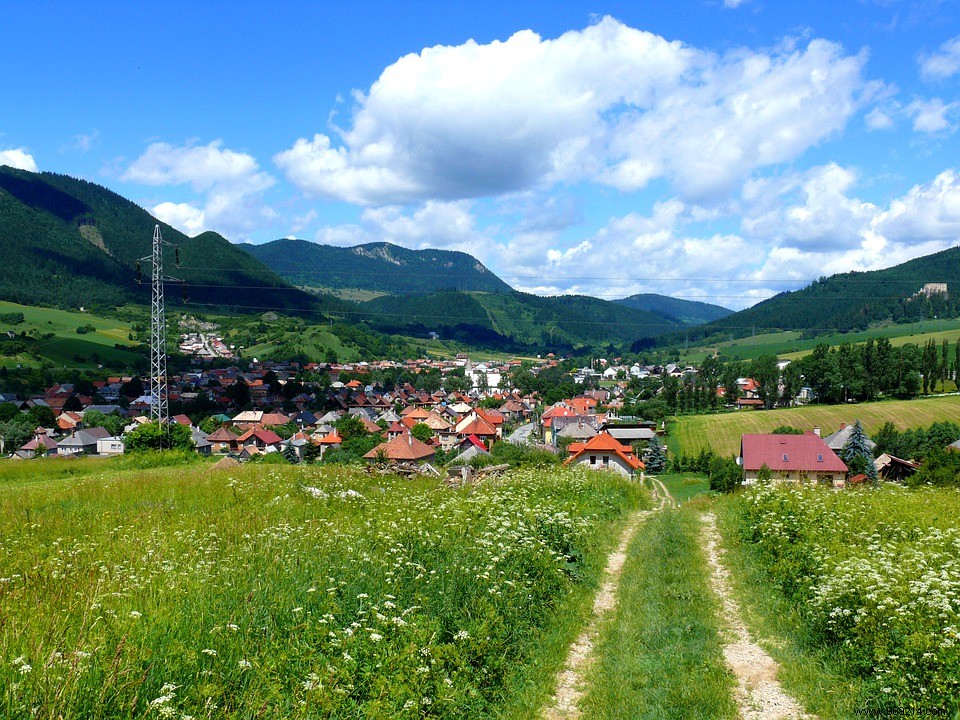Many people praise the quality of life in the countryside. It must be said that this is characterized in particular by better air quality and a soothing calm. Nevertheless, a recent study estimates that people live better in the city. How is this possible?
According to the Paysans.fr platform, life in the countryside has several advantages for health . The first of these assets is none other than healthy and pure air, followed by the absence of noise usually generated by road traffic. We should also mention the absence of tall buildings, the presence of significant vegetation and the possibility of going out in the open air , whether it is walks in the forest, by bike or on horseback. On the downside, we find for example the dependence on the car for travel, since everything is relatively far from home.
However, the countryside would be less beneficial than the city in terms of life expectancy . This is the conclusion of a study conducted by Emmanuel Vigneron - associate professor of geography and doctor of history - on behalf of the Association of Rural Mayors of France (AMRF) and relayed by France 3 Occitanie on December 17, 2020.
The expert was interested in hyper-rural departments – such as Ariège, Cantal or Lozère – where the population density is very low. In these areas, men live 2.2 years less than city dwellers (0.9 for women). In 2019, the life expectancy of men in these departments was 78.5 years compared to 80.7 in the city. In addition, the study shows that the gaps concerning this same life expectancy have been widening for the past thirty years . For example, men living in hyper-rural departments in 1990 lived "only" 0.3 years less than men in towns.

For Dominique Dhueux, vice-president of the AMRF, these gaps are increasingly important because of the policy of closing local medical centers over the past two decades. The person concerned explains that there are simply not enough doctors in the countryside and that the population ends up paying him. There is also talk of a vicious circle, due to poorer access to care. With the shortage of doctors, patients are referred to hospitals less often if needed. In other words, people living in the countryside treat themselves less than those living in the city.
Emmanuel Vigneron's study is a support that has enabled the AMRF to formulate some solutions to the problem. For officials, it would be incumbent to continue the development of telemedicine, but also to require young doctors to come and settle in rural areas . Obviously, it is not certain that this idea will appeal to them. On the other hand, salvation could come from elsewhere:a quarter of the professionals who joined the Order of Physicians in 2010 obtained their diploma abroad.